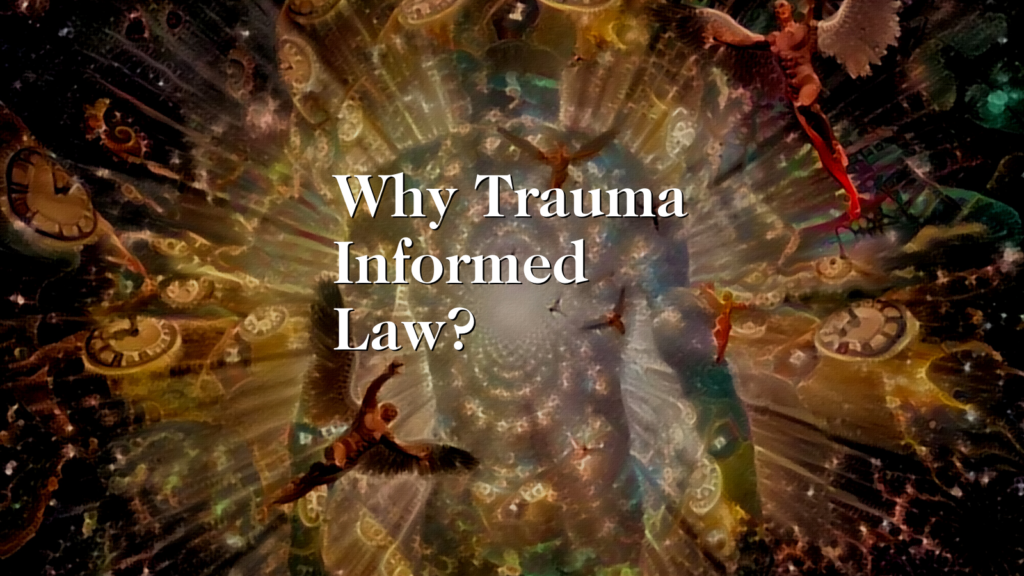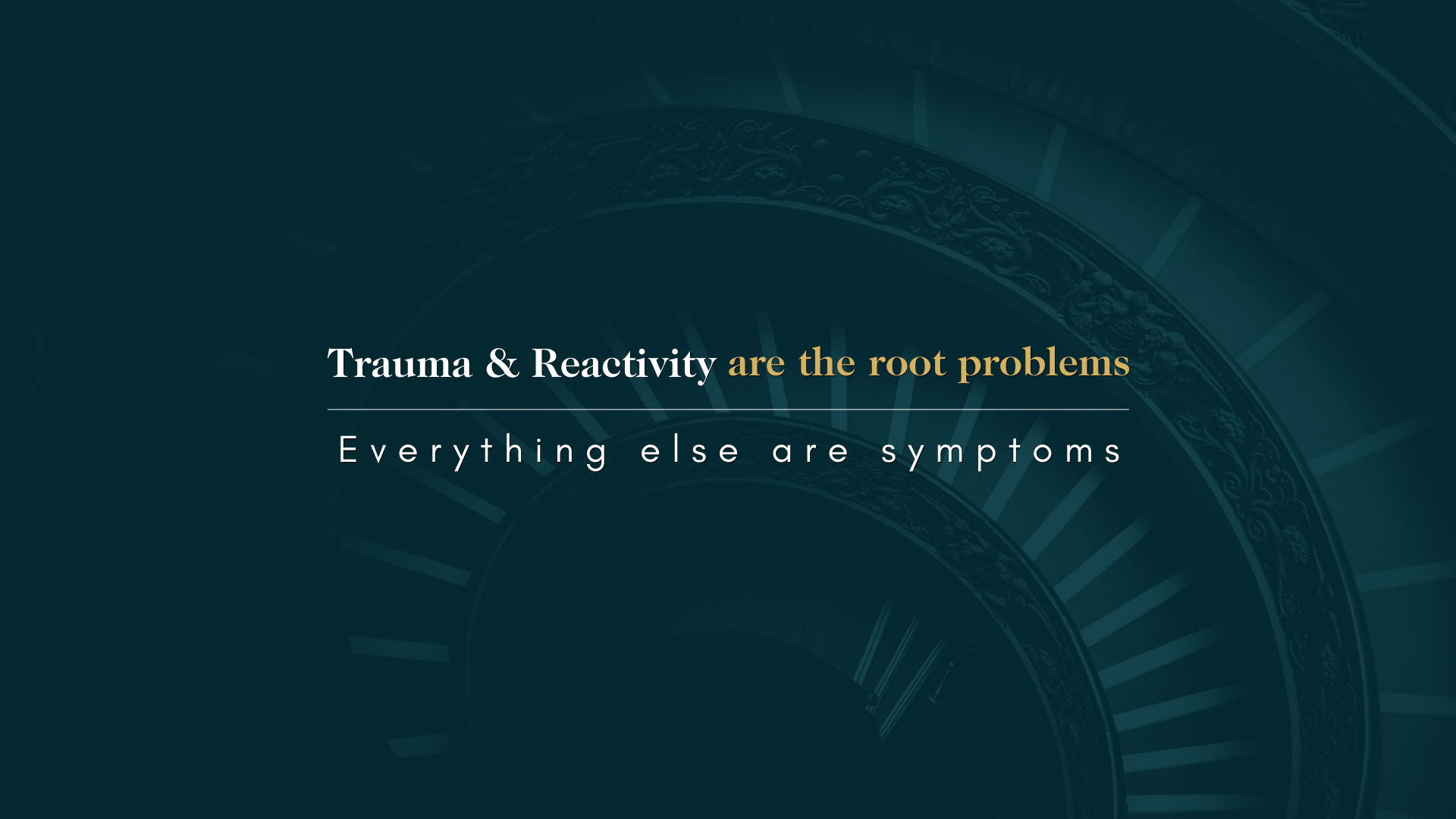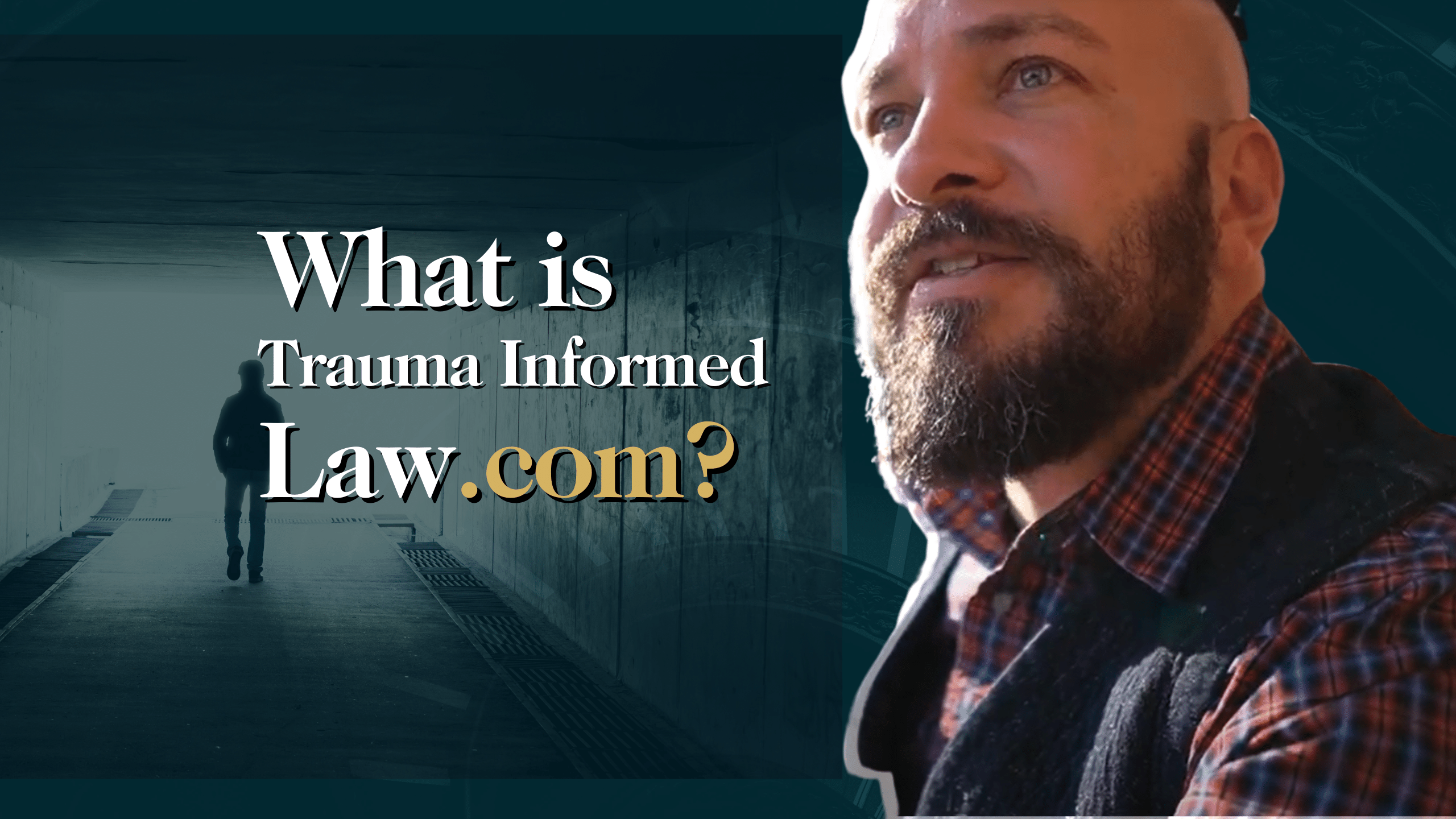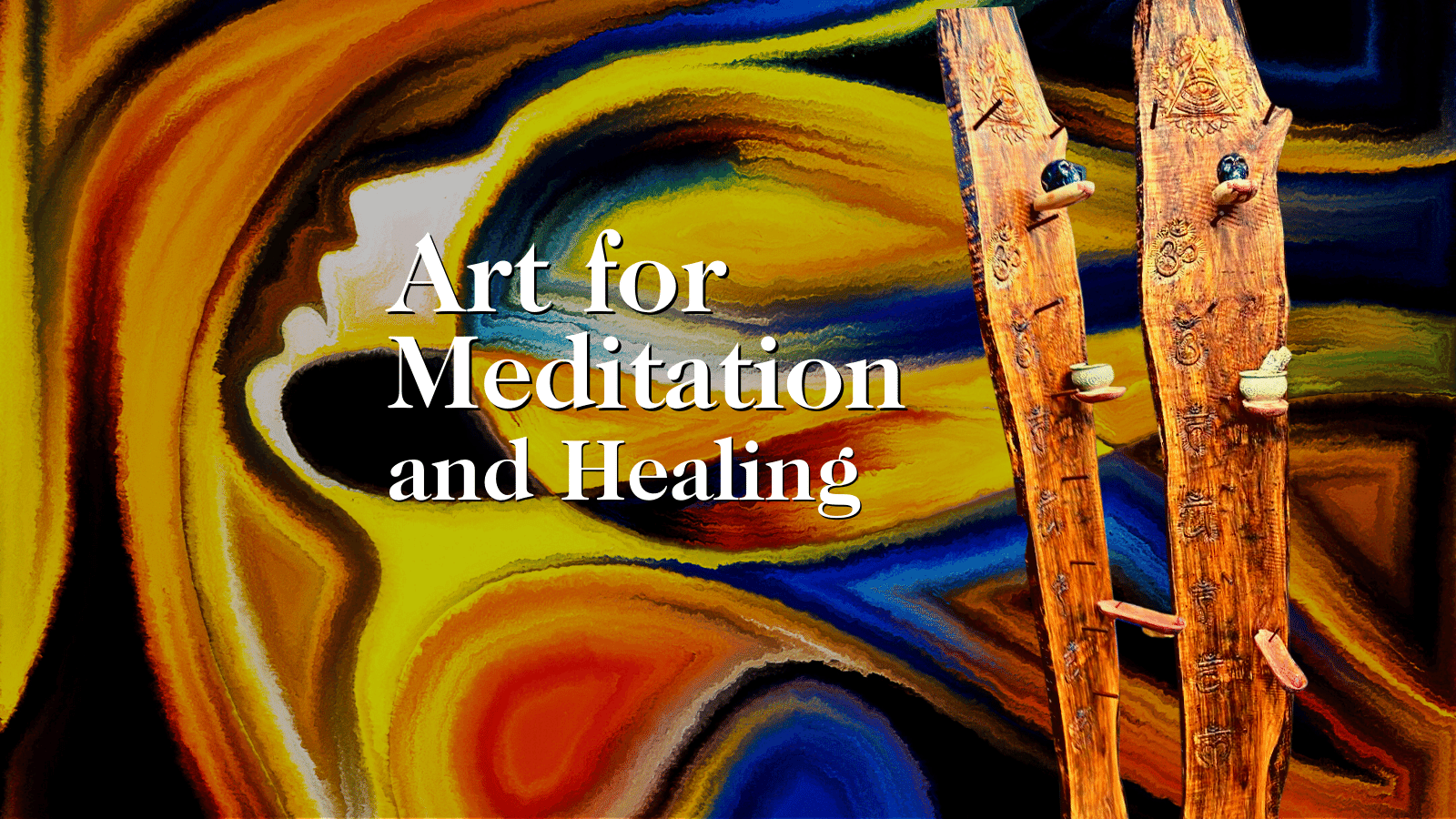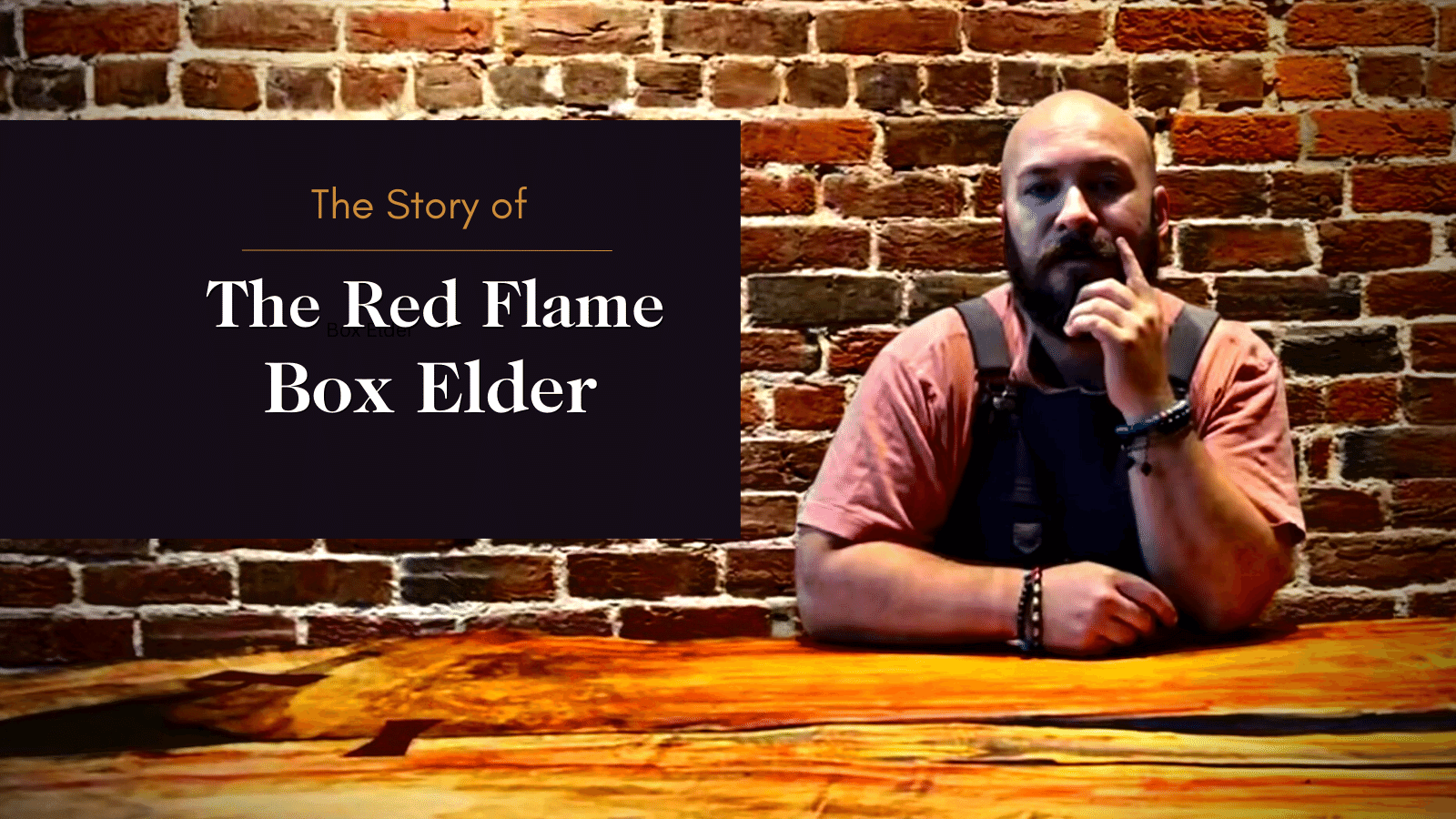“Wait, we’re doing what?” – Rebecca. She was commenting on the child custody case we were on our way to next.
We were stepping into my car in the parking lot of a local county JDR court. The real reason she voiced the question? She was legitimately surprised we were doing anything other than getting a drink after what had just happened.
What had just happened was we represented a client who was accused of having intercourse with his preteen daughter. It was apparently surprising that we were now on our way to represent a woman trying to prevent her children from seeing a man she claimed was abusing them, their father. It was a normal day at the office.
I had been practicing law for more than a decade. I was a one-man shop for all of it. I was a lawyer, a receptionist, and a paralegal. I do not claim to have done any single one of those positions well, independently. However, I practiced… laaaaaaaaaawwwwwwwww. (Read with Judge Dredd voice.)
When the phone rings, it goes to my cell phone. It’s been this way for 14 years. The number on my website and other contact information is my cell phone. I hired a 24/7 answering service so that no one ever has to leave a message, they talk to a human being who is verifying their information.
Never again did I have to verify a phone number. The message was delivered to me verbatim. And the client talked to a human being, but ONLY if I wasn’t able to answer my cell phone in the first place.
– The client’s first in-person or phone interview, it was me they spoke with.
– When the client was worried about their case, they spoke with me.
– When the client thought of new areas of defense to discuss …
If you are privileged to experience a position as someone’s counsel, then you connect with your clients, or learn to do so. You become the person in the lived experience from a their perspective.
If you can do that you can start to feel or understand you client’s emotions and deepen your awareness of a case. You can communicate your client’s feelings to your audience, judge, jury, etc..
As you represent broader and broader clients and practice areas, you become required to adapt.
Represent a criminal defendant for murder. Represent a family trying to get insurance to pay for their murdered son’s grave plot. Represent a criminal defendant for a DUI. Represent a person recovering from a car accident caused by a drunk driver. Represent a mother for custody. Represent a father for custody. Represent a woman trying to adopt a newborn baby. You get the idea.
These cases don’t happen in a single day. They happen over the course of months and sometimes years. Competently knowing the law to the level of the clients’ needs is one thing. Mentally switching your advocacy process for them and the disparate needs of the multiple people within a case you need to communicate on their behalf. You live your client’s turmoil.
When asked for most of my career what area of practice I was in, I responded “50% criminal, 25% domestic, 25% general practice.” For 14 years, that was my career. I loved it. I didn’t realize it then, but I was practicing from an idea. The idea is that I was focusing on the root cause of the legal issues by focusing on the multigenerational, familial, and inner-personal trauma that caused the breakdown of interpersonal relationships that lead to a legal problem.
I did not need to satisfy a larger firm’s HR or financial structure. I just needed to eat. I was able to do that in a way that I can live with. I was a business man enough to meet my ethical duties as a lawyer. I consider that a very patriotic character trait.
These disparate experiences of people in moments of need helped in problem-solving. A dear colleague gave a “rueful” utterance when discussing “wins” in the criminal defense arena. A win is knowing your client’s secrets and snatching some sort of victory from the jaws of defeat. The “truly” innocent client, while in existence, is not often found. Most often, what is found is an explanation which, if properly forwarded and believed, is just not guilty enough. Which is not perfect.
Sometimes, that means being found guilty of second degree murder instead of first degree murder. However, the client may might still do 10 years in prison. The best offer you got before trial was first degree murder and 25 years. That’s a win. Especially when they can prove he shot her multiple times…
Rebecca had reminded me of this all with her question, “wait, we’re doing what?”
It was the beginning of the second phase of my career. The phase where I stopped shaming myself for being an independent thinking and operating lawyer. Proud to have overcome a need to be validated by petty ego needs. I got to live with my clients. I got to feel their emotions spill over in a way that taught me about what agonized and overjoyed them.
When you practice broader and more disparately related areas of law and clients, you can be stretched. Stretching causes growth.
Rebecca revealed how injured I was. I was numb. I was proud that I was numb because it somehow, at the time, meant I was victorious. I didn’t feel it and I joked with her that soon she would be able to be numb to it… just… like… me.
The move toward trauma-informed law was slow and glacial until it wasn’t. It allowed me heal my sprained emotional existence and begin integrating all I had experienced and learned from my clients in their various stages of need and pain.
An acceptance that there was indeed pain; emotional pain. Emotional pain that I had a certain amount of responsibility for because I could have a positive impact on it and counsel my client toward healing and growth.
Empower the client. Partner with the client. These are two of the tenets of trauma-informed practices. Nothing empowers the client more than connecting to the root emotion of their plight. You do not get in the pit with them in the despair or fear. Those are not the root emotion. The root emotion is the pain or hurt that caused the fear or despair.

